Which Is The Best Animal Crossing Game
Since the series debuted in the United States way dorsum in 2001,Animal Crossing has been a large part of gaming civilization. Across five mainline games and three spin-offs, coincidental and hardcore gamers alike have been able to hang out with their animal pals, pay off mortgages, and hunt for fish and bugs to their fill.
But all games are non created equal, and the disquisitional receptions for the series can range from pretty dismal to stellar. Encounter how the spin-offs and the core entries stack upwards against each other as we rank eachAnimate being Crossinggame by their Metacritic score!
viii Amiibo Festival - 46
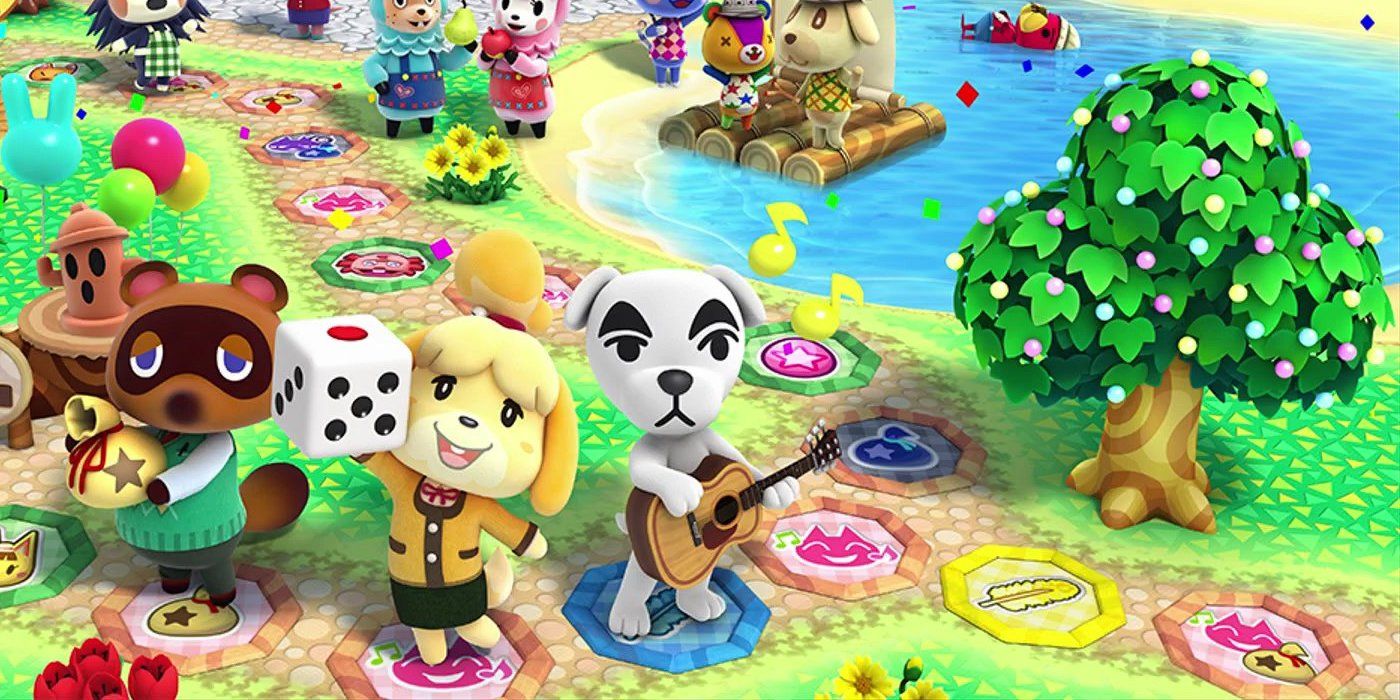
Information technology'due south no surprise thatAmiibo Festivalis at the lesser of the list. While aMario Partyinspired board game withFauna Crossingseason is a pretty solid idea on paper, the game mechanics were all a petty too half-baked to stand on their own. Not to mention the game also relied on Amiibo functionality, which was clunkily implemented.
Amiibo Festival also committed the cardinal sin of beingness the merelyAnimal Crossing game on the Wii U; if it had been fastened to a mainline game on the organization, perhaps it would've been a less disappointing experience.
seven Animal Crossing: Happy Home Designer - 66
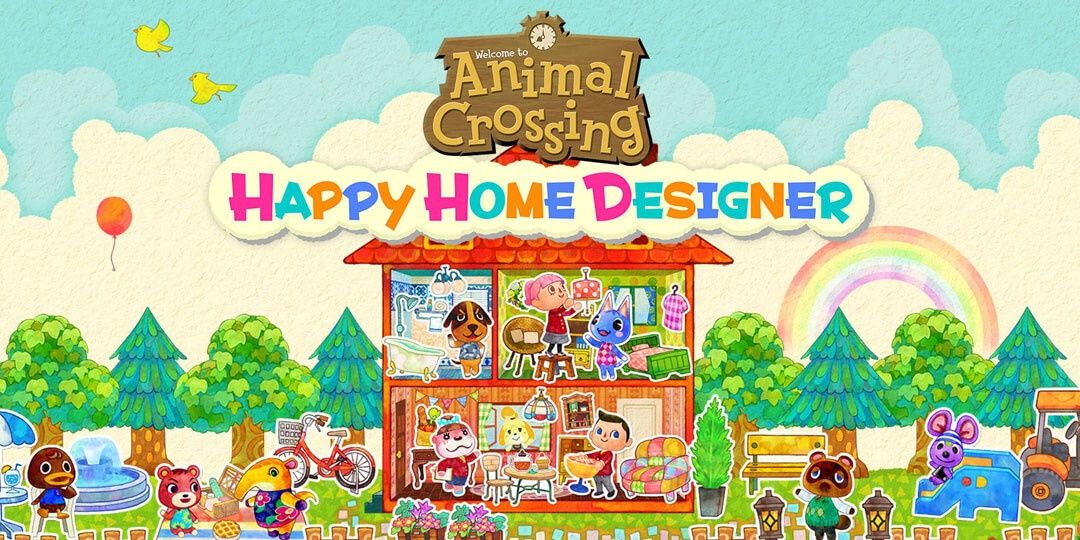
Happy Dwelling house Designer, a 3DS spin-off, challenged players to create the best possible interior designs they could muster. In a riff on the decoration mechanic present in every mainline game, players were given guidelines to meet for how specific clients wanted their homes to look.
Yet, the game never really captured the intimacy ofAnimal Crossinggames, in that you weren't necessarily building upward meaningful relationships in a town you lived in. Rather, you were merely completing jobs. For people invested in design, it was fun; for others, it failed to capture the magic of the series.
6 Animal Crossing: Pocket Camp - 72
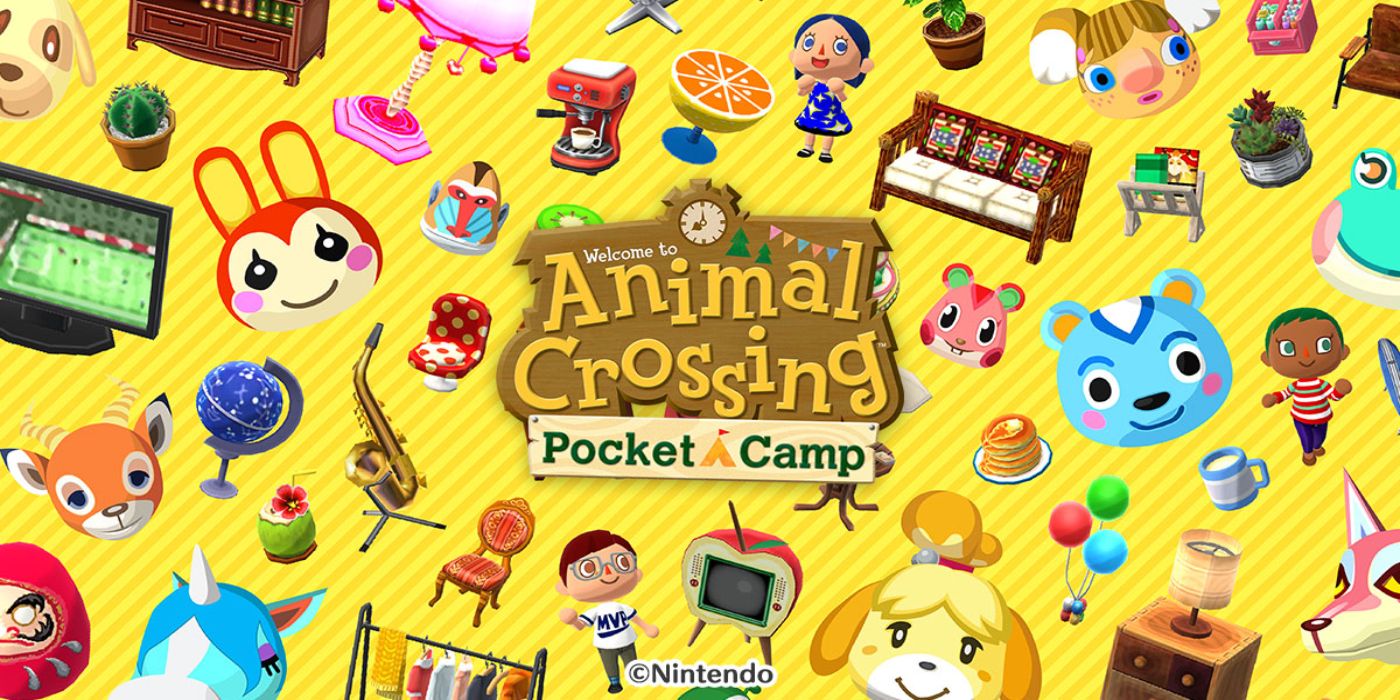
Pocket Campsite wasn't the series' first entry on handhelds, but it was the first to announced on mobile phones. While seemingly a decent-enough pared-downwardly version of a mainline game,Pocket Camp falters when it comes to user experience. Sure, y'all can build new article of furniture, fish, and talk to your villagers, but information technology all feels very mercenary, every bit opposed to organic.
The game as well had microtransactions built-in, which made the in-game economy more predatory than by games take ever been. Even so, though, there was something positive to be said about existence able to accept theAnimal Crossingexperience with y'all on your phone.
v Brute Crossing: Urban center Folk - 73
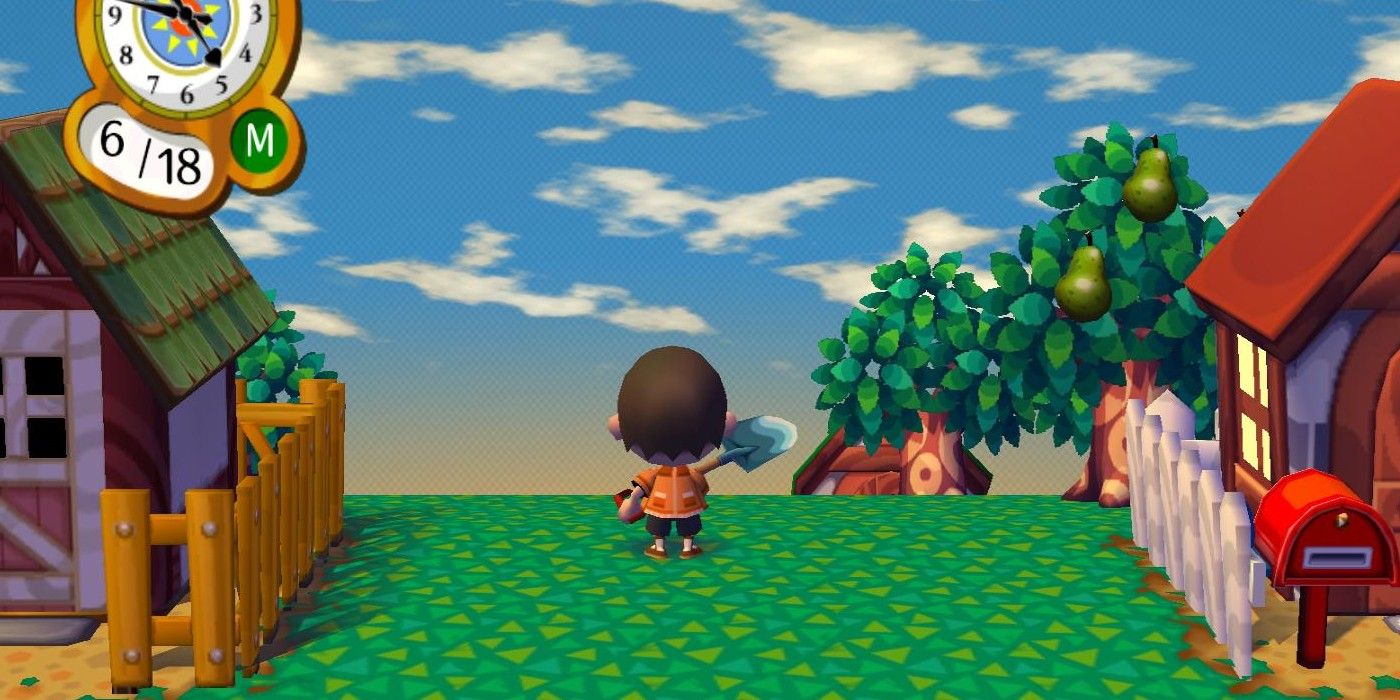
City Folk wasn't a bad game by any stretch, but its main flaw was that information technology failed to innovate on the formula that made the past two games a success. Your starting motive in the game was to do delivery runs for Nook'southward Cranny, which was an inventive way for you to meet the boondocks and get to know everyone, but the remainder of the game just felt and then same-y.
Since the Wii also supported GameCube discs, it even put the game in direct competition with the past console entry.City Folkwas fighting an uphill battle against the game that started the series and its handheld version and unfortunately lost.
4 Fauna Crossing: Wild Globe - 86
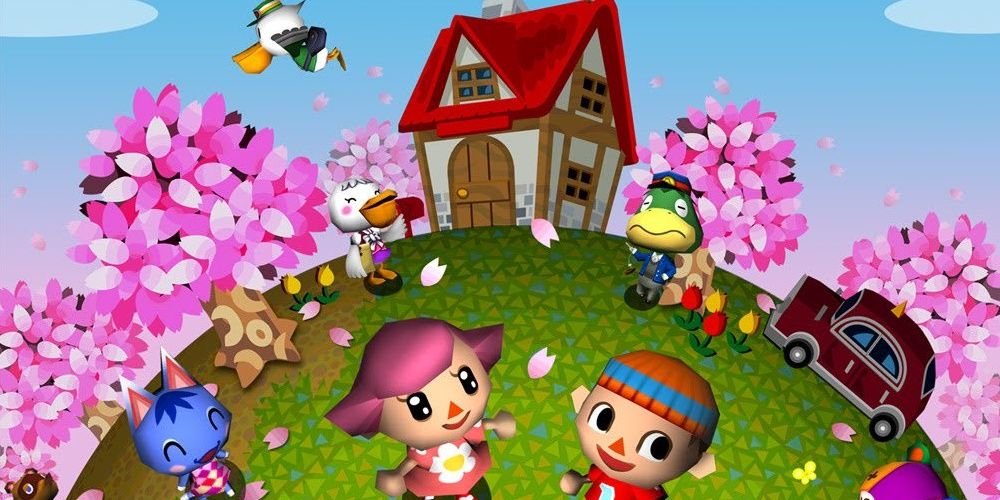
WhileWild Globe might non have changed too much of the formula that fabricated the original entry such a hit, information technology added 2 things that elevated this particular game: online back up and bear upon controls. Even withNew Horizons, menu and inventory management can exist a bit tricky while playing docked, so the introduction of stylus back up was a big go.
The ability to play with friends in each others' towns was also a big innovation.Animal Crossinghas always been nearly community, and the ability to bring your real-life friends in on the fun simply enhanced that feeling.
3 Animal Crossing - 87
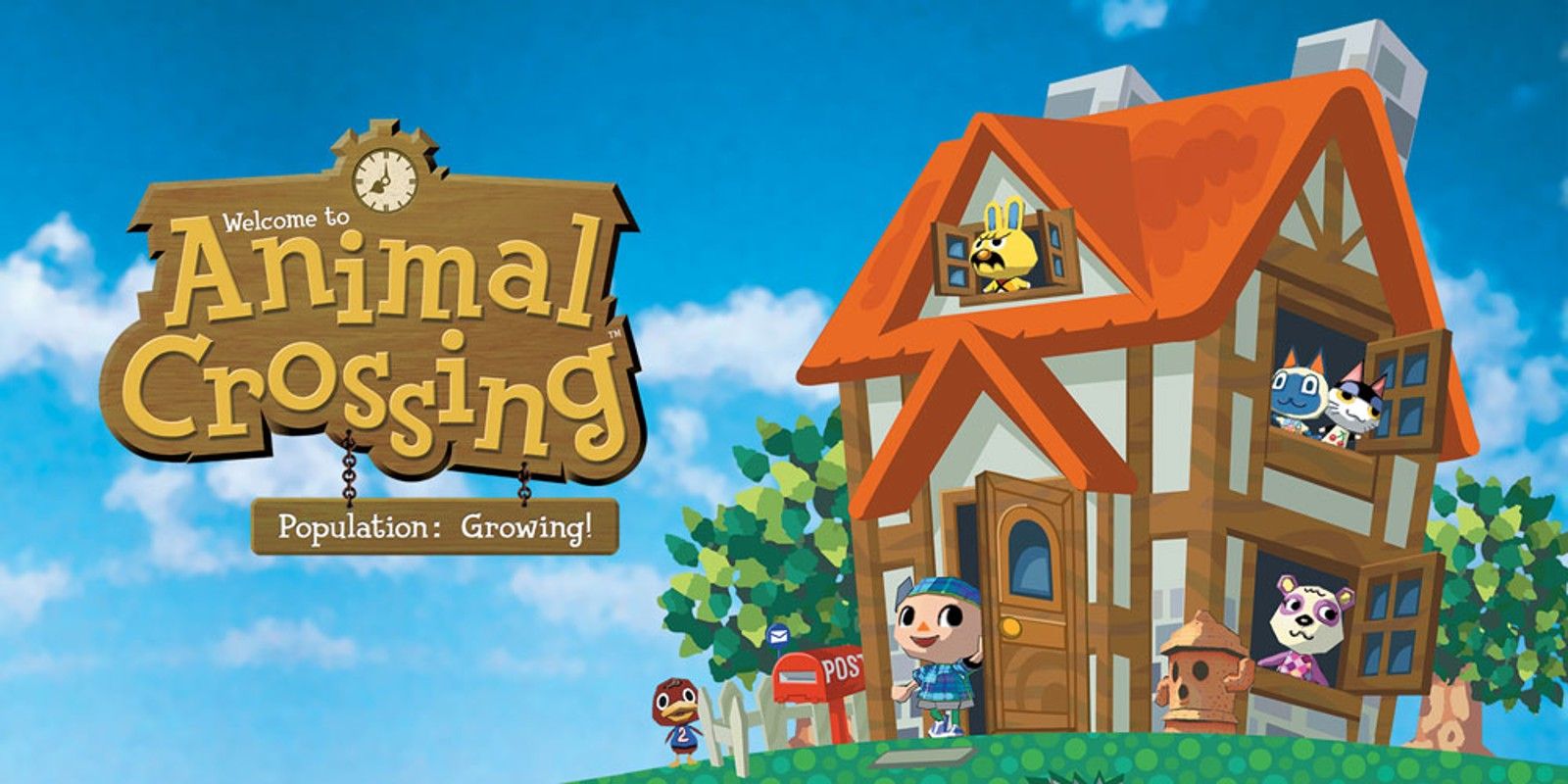
The game that started it all! The originalBeast Crossing was a grand experiment from Nintendo on whether or not they could create a game more about the temper than the gameplay. While it wasn't without its depth for more involved players, the original game invited people to come buy a house and hang out with a bunch of wacky characters.
While things have certainly changed over the years, the original mechanics and ideas from the offset game are still present in just about every other entry. Yous fish, you lot take hold of, yous send gifts to your friends. Perhaps the only thing holding this one dorsum was the introduction of Mr. Resetti.
ii Animal Crossing: New Leaf - 88
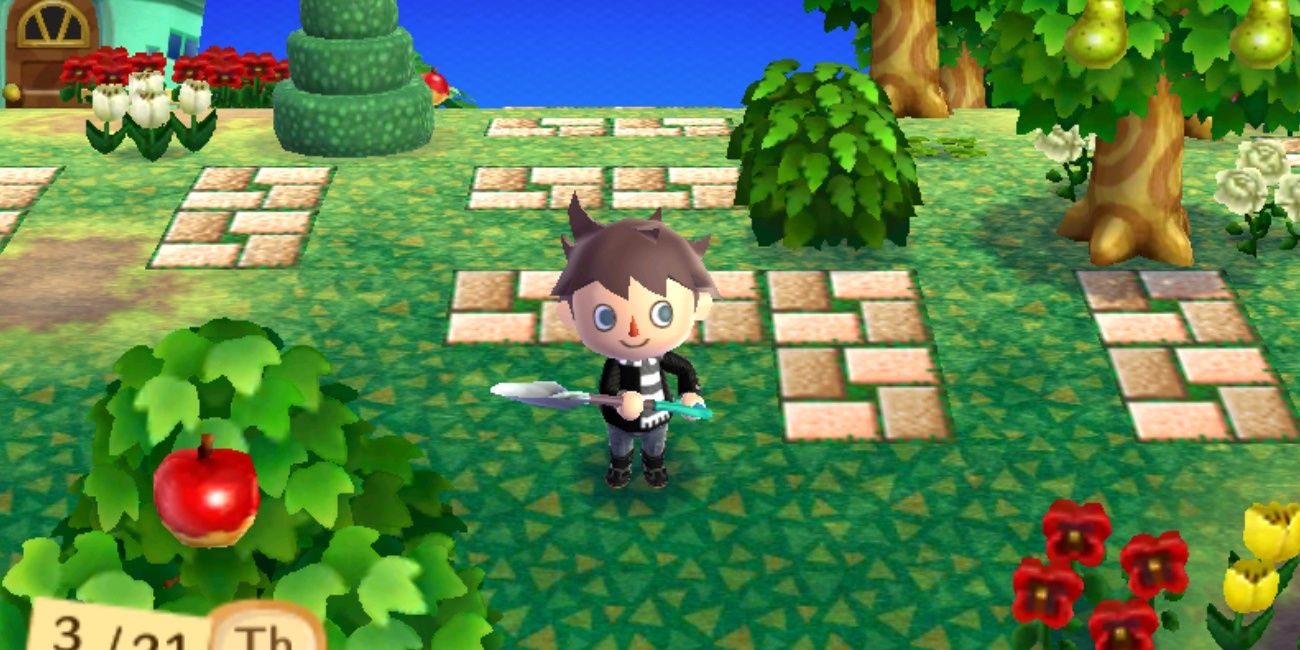
New Leaf took advantage of its time to nifty success; the 3DS had a massive install base, and the advent of social media and improved online functionality shot this game into the cultural stratosphere like the games before it hadn't quite figured out. Players all over the world were able to share their towns and gifts with each other, and the game benefitted for it.
Gameplay-wise,New Foliagemade the role player their boondocks'south mayor, which added clearer goals and objectives. For folks who might take trouble making their own fun,New Leaf stretched out a guiding paw and helped them out.
1 Animal Crossing: New Horizons - 91
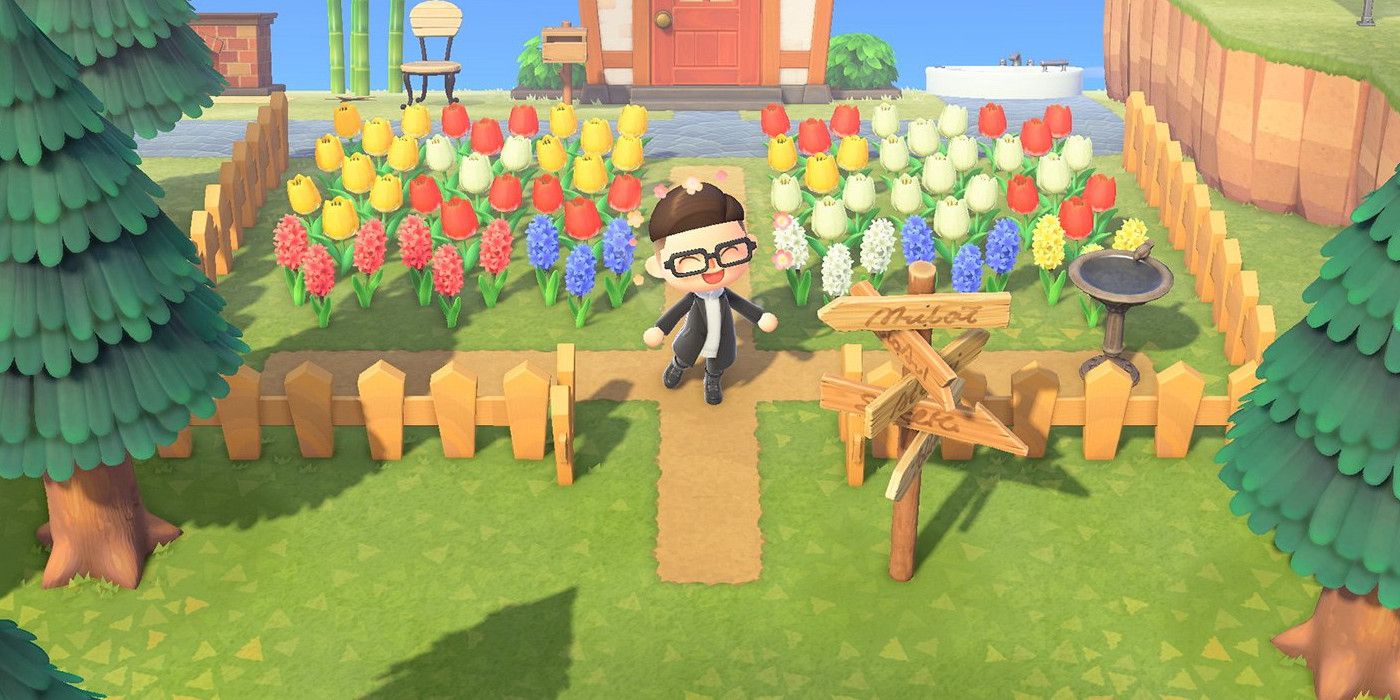
New Horizons takes everything from past entries and improves on them. It's easier than e'er to visit your friends, and the crafting elements in the game give you more control over the things yous can brand for your isle. Decorating your abode is super easy and intuitive, and the Nook Phone makes keeping track of everything much easier.
Information technology still remains to be seen where the game will get over the next few years, only Nintendo seems devoted to keeping this live and well. Live events and in-game rewards should continue players coming back for more, and as long as Blathers doesn't get too close to whatsoever bugs, it should be smooth sailing from here on out.
Source: https://gamerant.com/animal-crossing-games-ranked-metacritic-score/
Posted by: shooptandinque.blogspot.com

0 Response to "Which Is The Best Animal Crossing Game"
Post a Comment